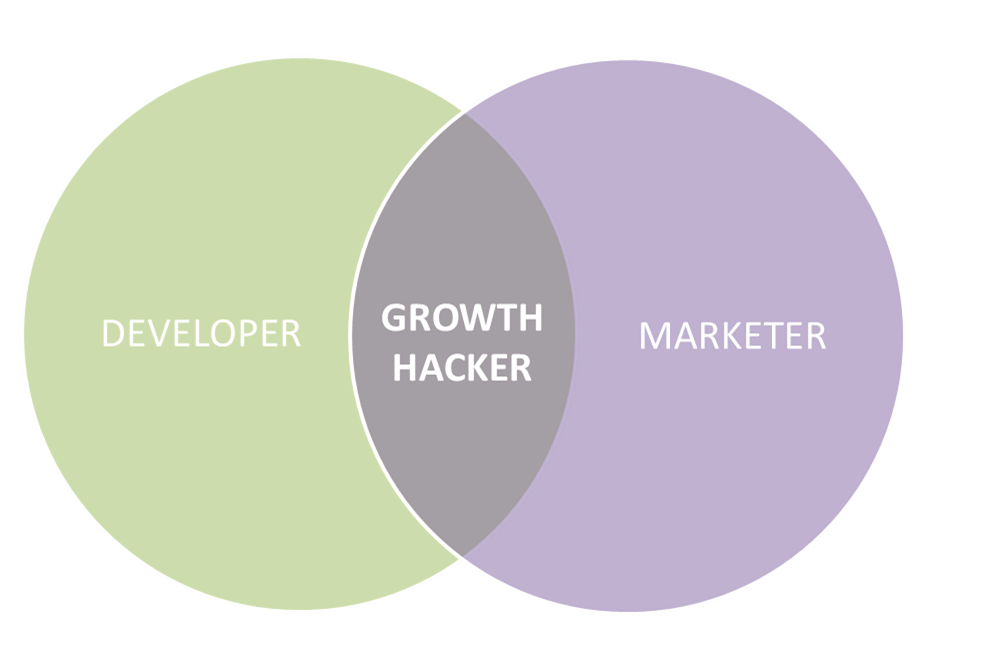
Identity
The effectiveness of a social contract at its core depends on identity. A recent poll on Presidential popularity demonstrates the point. There was a significant difference in approval ratings across recent polls based on whether the respondent was identified or anonymous. As a recent article in politico on the subject points out, “Pollsters are already studying the emerging phenomenon, though there’s no consensus yet on whether social-desirability bias — respondents’ reticence to express support for Trump because they believe he is viewed negatively by others — is the main driver.” While more confirmation is required, it appears that even in something as benign as political preference, identity plays a part in conformance with social norms, the social contract.
Natural identity is built up over time, is certified by respected institutions, and proven through third-party tokens and credentials (birth certificate, driver’s license, passport, marriage certificate, diploma, deed, board certification, business license, etc.). It is expected that a person or organization has one for life, and it is difficult to fake, avoid, or deny. It has lifetime value, and is protected and defended because it is linked to the being. Yes, there are cases in the natural world where the person may be given new identity tokens if they would be harmed if their original identity was known, but this is an exception.
Digital identity is an avatar, separate from the person or organization. It’s easily gotten and shed with limited vetting or certification. Everyone has many, each given with differing terms of service, a company’s definition of a social contract designed to protect the company, not the “user”. It can have temporary value for the person or organization. For example, a person can subscribe to a social media site; unsubscribe when things become uncomfortable, and then subscribe under a different digital identity to start again. Fake news sites can pop up, drive user views through outrageous viral content, make money for their owners through digital advertising, and then disappear.
Unless a digital identity has similar attributes as a natural world identity, it cannot be used to enforce the social contract. By similar attributes, I mean:
- Has a singular, unique, and persistent identifier across systems, networks, and applications
- Built up over time, and in doing so, develops a reputation that serves as the basis for trust.
- Has credentials certified by respected institutions that helps reinforce credibility.
- Is difficult to fake, avoid, or deny
Many in the digital community advocate that the digital identity is only put in place to facilitate a transaction and therefore should eliminated when the transactional relationship ends and is not permanently tied to the person. But this negates the importance of the social contract in influencing behavior.
I am not advocating that every transaction requires the use of a fully public persistent digital identity as described above. Even the real world has the notion of “cash and carry” where identity and trust are not required beyond the exchange of value. And other exchanges may require different information to be successful. For example, an investment site requires fiscal attributes but not physical ones. A dating site requires the opposite. These personas or profiles are served up within the context of the exchange.
But for many exchanges, a digital identity as described above is helpful. Especially if the end desire is a long term relationship covering many transactions and exchanges.
Next post outlines how trust is built in the digital world.

Recent Comments